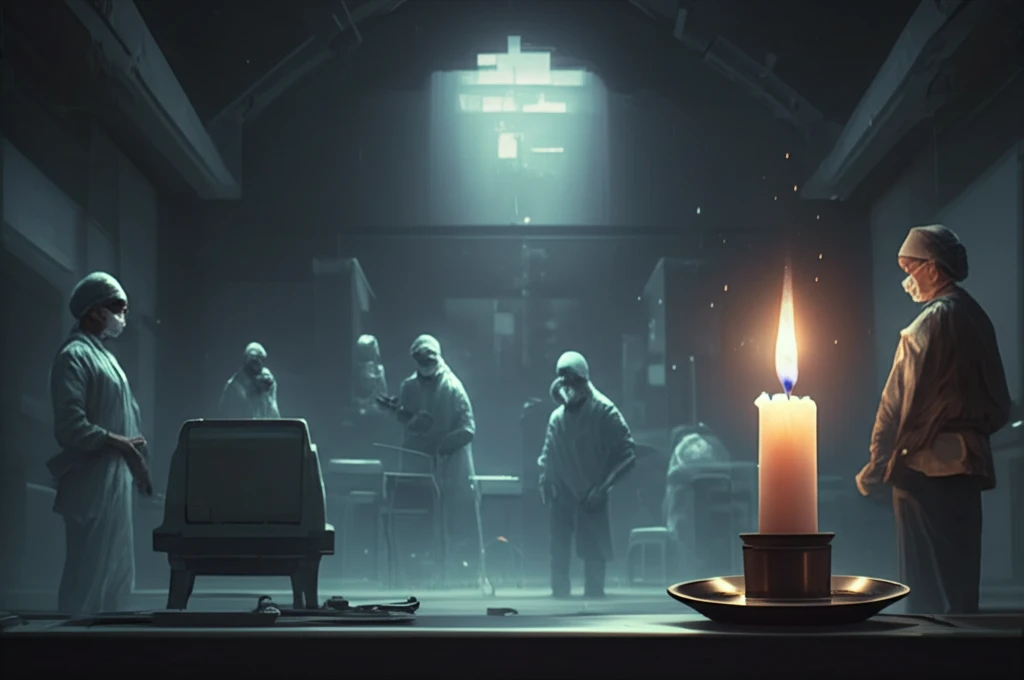
Navigating Grief in Healthcare: Lessons from Losing a Resident
"Discover how healthcare professionals cope with the loss of a colleague and learn to foster a more humanistic approach to medicine."
In the sterile setting of a hospital chapel, amidst the hurried lives of doctors, nurses, and staff, grief can feel jarringly out of place. Yet, it is an inevitable part of the healthcare experience. Losing a colleague, especially a young resident, can send ripples of sorrow and introspection throughout an entire institution. This was the scene described by Dr. Maricarmen Cruz-Jimenez as she recounted the experience of losing a resident to a car accident.
Dr. Cruz-Jimenez, the designated institutional official, found herself tasked with providing comfort and leadership during a time of profound loss. She shares her reflections on the experience, highlighting the vital lessons learned about compassion, the hidden stories of those we work alongside, and the importance of fostering a humanistic approach to medicine. Her narrative is a poignant reminder of the human element that often lies beneath the surface of medical professionalism.
This article delves into the heart of Dr. Cruz-Jimenez's account, exploring how the loss of a resident impacted her perspective on medical education and practice. It emphasizes the need for greater empathy, deeper connections, and a renewed commitment to the values that truly define healthcare. It also offers insights into how healthcare professionals can better support one another during times of grief and transition.
The Weight of Responsibility: Standing Tall in Times of Grief

As the designated institutional official, Dr. Cruz-Jimenez felt the weight of expectation to provide strength and guidance. However, she also grappled with her own grief, fearing that she might break down in front of the residents, just as she had earlier that week. This internal conflict is a common experience for leaders in times of crisis, who must balance their personal emotions with the need to support those around them.
- The importance of acknowledging and addressing grief within the medical community.
- The need for leaders to balance their personal emotions with the responsibility to support others.
- The value of empathy and human connection in medical practice.
- The recognition that every healthcare professional has a unique story and journey.
A Call for Humanism: Re-evaluating Our Roles in Medicine
Dr. Cruz-Jimenez's experience prompted her to question the true essence of medical professionalism. While oversight and adherence to rules are essential, she wonders if medical academicians should focus more on cultivating altruism and compassionate service. She challenges the notion of observing people from a distance, urging healthcare professionals to become more deeply involved in the lives and growth of their patients and colleagues. Learning from the resident's example, she understood the impact of human connection.
